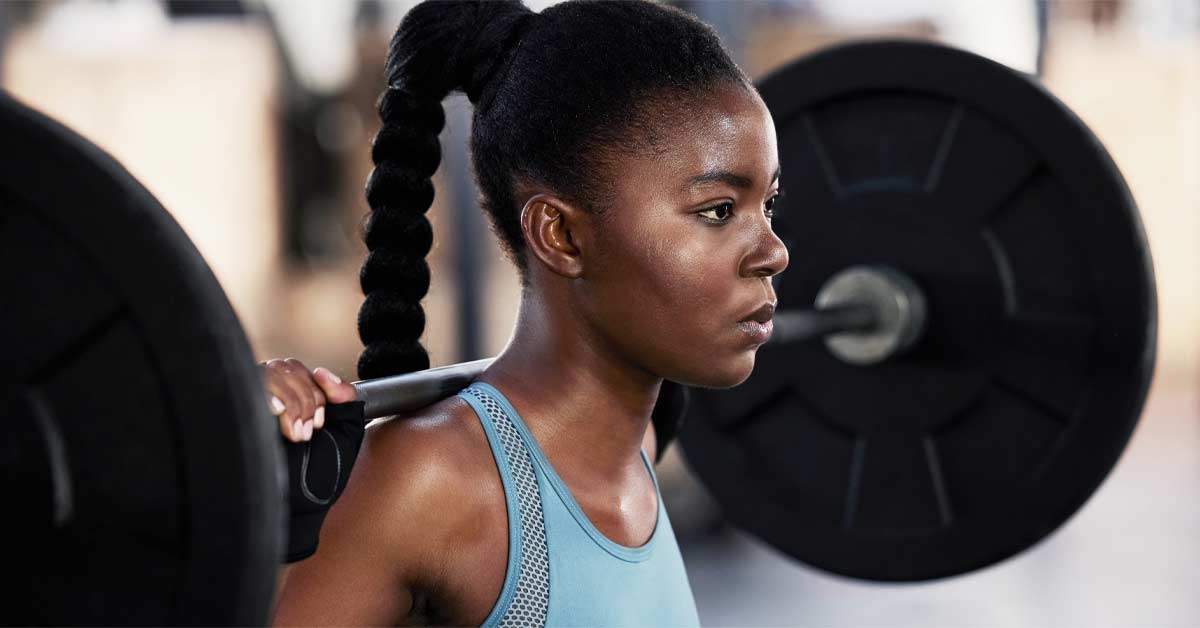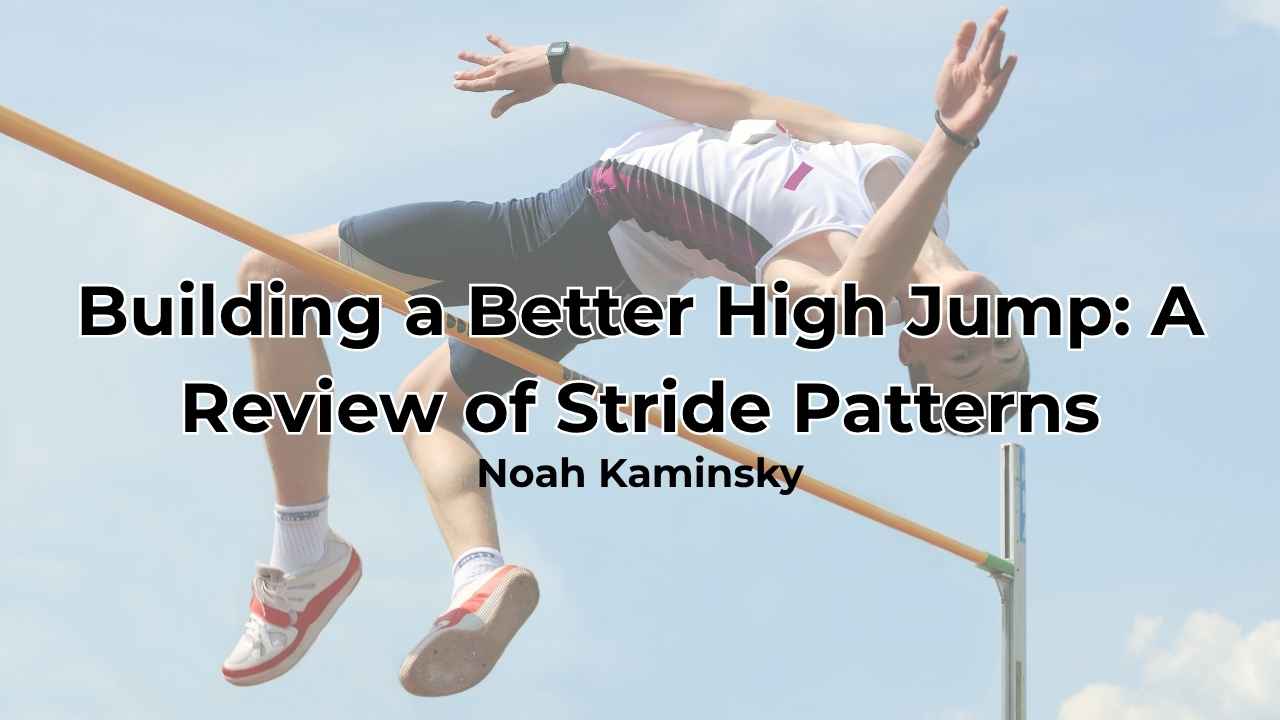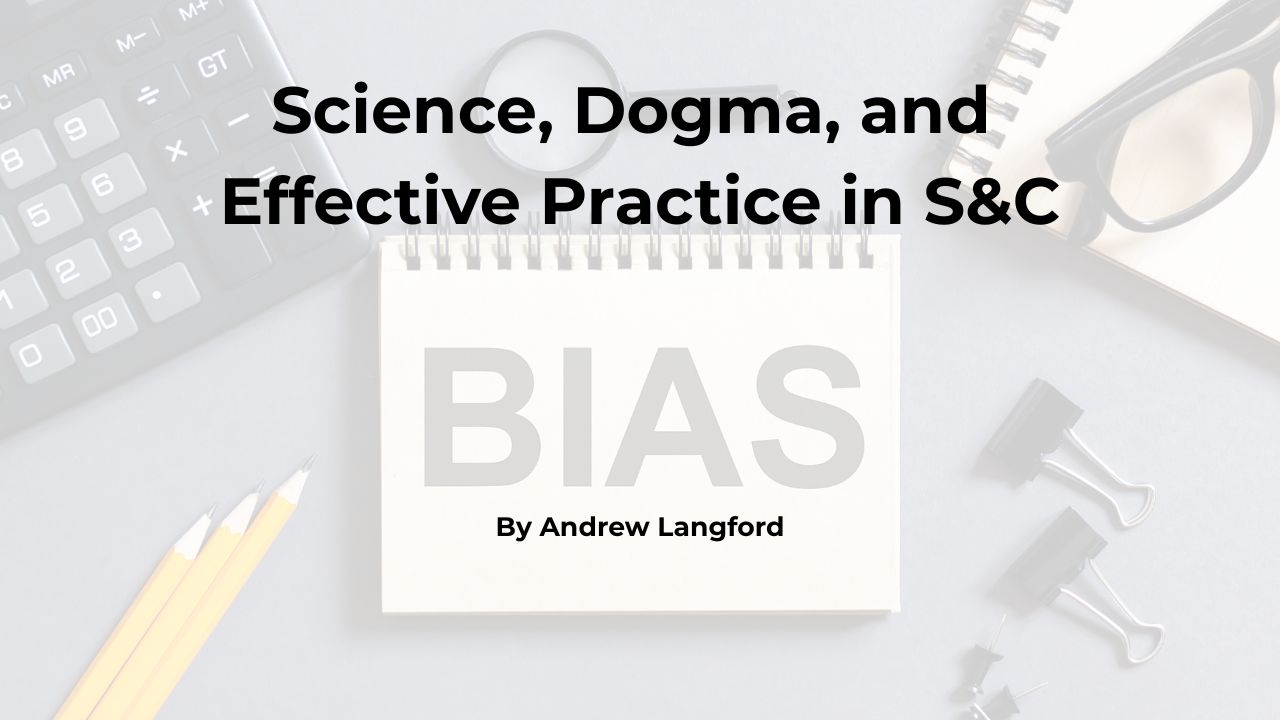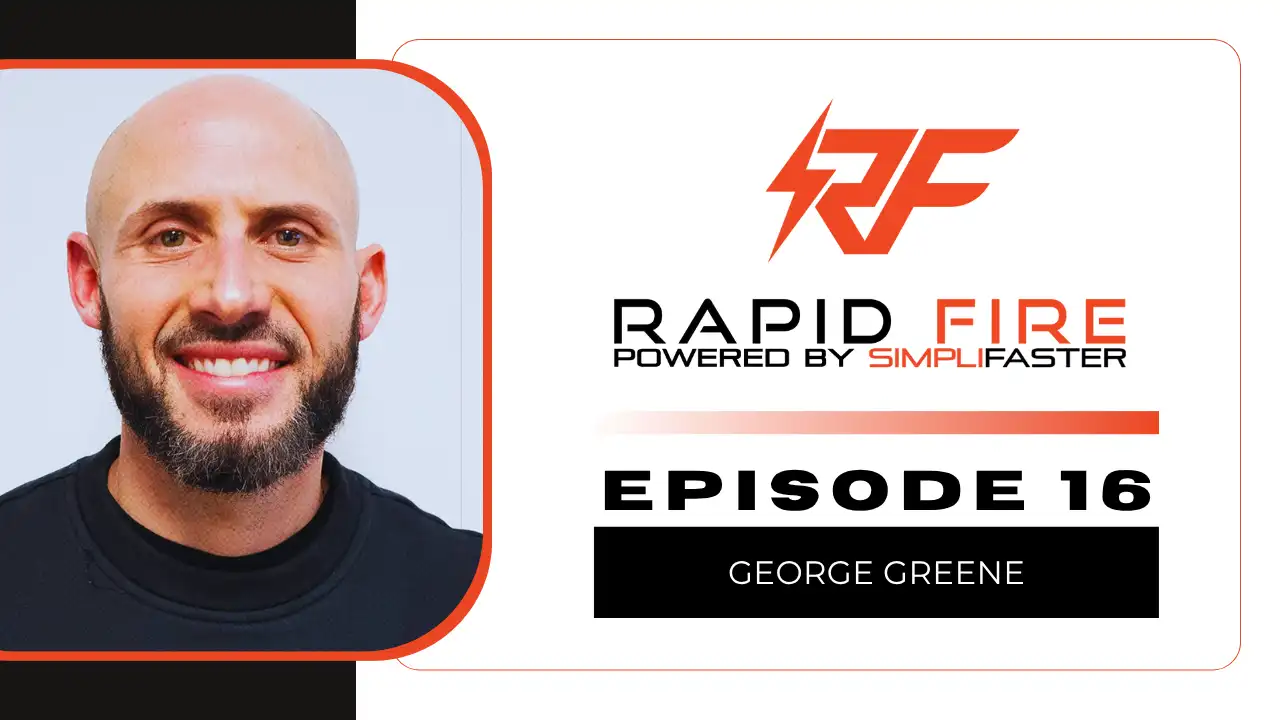Kathy Wagner is currently in her 23rd year as a collegiate strength and conditioning coach. She started the strength and conditioning program at UT-Arlington in June 2009 and is currently responsible for managing a staff of three full-time assistants and two graduate assistants. Her current team responsibilities include volleyball, softball, and track and field. Before her time at UTA, she worked at UTEP, Ohio State, and the University of Wyoming. In 2014, she was named MSCC by the CSCCa, and she is CSCS and TPI Level 2 certified. She has held numerous leadership positions within the CSCCa, serving on the CSCCa certification commission 2013–2019, chairing the commission 2017–2019, and serving on the CSCCa Board of Directors 2019–2022. Wagner holds a BS and MS in Kinesiology from Angelo State University, where she was a three-time track All-American.
Freelap USA: You run an internship program that helps get a lot of strength and conditioning coaches their start in the field. Talk to us about what you look for in an intern and how someone can move their resume to the top of the pile when you’re filling positions.
Kathy Wagner: Our internship program doubles as a graduate assistant position. It is the best of both worlds: young coaches will obtain a master’s degree while gaining invaluable experience coaching.
Since I have been at UTA, I have had the ability to hire one graduate assistant a year.
Each year, the application process becomes more competitive. The first consideration is that the applicant must be able to be accepted into our graduate school. If their undergrad GPA is below a 3.0, their resume will likely be moved to the “No” pile.
The next is certification. Since the graduate assistant will have team responsibilities, they must be certified (SCCC or CSCS). If they lack certification, their resume will be moved to the “No” pile.
After sorting through GPAs and certifications, the fun begins, and I can finally start reviewing practical experience. I prefer for the applicant to have experience in some capacity at the collegiate level: a volunteer, unpaid intern, athlete at an institution with a structured S&C program, etc. There are some intangible qualities that won’t show up on a resume but will appear during the hiring process with numerous rounds of interviews: punctuality, communication skills, ability to adapt, willingness to learn a new system, and preparedness to relocate.
Freelap USA: Do you have a formal curriculum for your interns? If so, what does it entail? If not, what skills do you hope your interns leave with?
Kathy Wagner: Although there is not a formal curriculum, there is a structured system in place. We have a standard terminology and “workout card” that we utilize. All programs are written collectively (myself, one full-time, and two GAs) and critiqued and reviewed by me prior to implementation. This allows for a collaborative approach as well as a smooth transition for teams/athletes as GAs come and go through the program.
I never felt it was fair to the student-athlete that may have multiple strength coaches during their career to experience philosophical flips because a new GA is standing in front of them. During the review process, I can ask specific questions to understand their “why” and discuss possible limiting factors that are often forgotten about: room flow, athlete capabilities, time constraints, sport coach expectations, etc. This is one of the most valuable parts of my mentoring process.
I hope that when interns leave our program, they understand the importance of communication, being proactive, staying organized, and the ‘big picture,’ and understand their philosophical why. Share on XDuring their two years, we frequently discuss the soft skills of coaching: how strength and conditioning “fits” into the puzzle of an athlete’s/team’s preparation, how to handle various situations, how to adapt and not panic if things need to change, how to document and keep records, and everything that happens off the floor when we are not coaching.
I hope that when they leave our program, they understand the importance of communication, being proactive, staying organized, and the “big picture,” and have a clear understanding of their philosophical why.
Freelap USA: Years ago, I saw you speak on the topic of getting buy-in from sport coaches, which can be one of the more challenging aspects of our profession. What strategies have you found to be most effective over the years, and how do you find a middle ground when faced with a sport coach with a wildly different “training philosophy” than you hold?
Kathy Wagner: Buy-in from sport coaches and student-athletes is one of the hardest parts of the job. The first step with sport coaches is to remind yourself that while you are the expert for strength and conditioning, they are the leader of the team. The head coach will be the person answering the questions from the administration, parents, and athletes.
Additionally, understand that communication is the key to a successful relationship. A sport coach won’t come to you to say hello or check in; they only come to you with a suggestion, concern, or conflict. You need to be proactive and go to them, and go often! If you engage regularly, you will have more positive interactions. These positive interactions will make the difficult conversations easier to have.
Along these same lines, be a fan of them and their sport. Attend practices and games when able and ask them questions to learn about their sport. This way, when you are given an unreasonable request and must educate, the learning process has been a two-way street.
To facilitate this, start by asking them why. If their why doesn’t persuade you to say yes, you need to have an alternative solution to present. Just saying no and not providing a better option will give the perception of a difficult employee who is unwilling to adapt. There will be some instances where a compromise is the best-case scenario with philosophical differences.
Freelap USA: What is one thing you believe you do differently in your program than others?
Kathy Wagner: I think we do a good job of understanding the life of the student-athlete. We are very willing and able to adjust weekly, daily, and sometimes hourly based on all the stresses the student-athlete goes through.
To be in tune and aware, we have a record-keeping process in place. We can track individual progress after each workout, any injury modifications made, missed workouts, etc., so we always stay current and work in the present.
Freelap USA: You’ve been in the profession for 23 years. What systems do you have in place to avoid burnout and stay at the top of your game for your athletes?
Kathy Wagner: The life of a strength coach has challenging time demands, but not every day all year long. When there is a point that you can work a shorter day or have a weekend off, take advantage of it! It took me a while, but I finally learned that the answer can’t always be “yes.” Sometimes you have to say “no.” If you always say yes, you might end up divorced, frustrated, exhausted, and looking for another profession. I have learned to say no and take ownership of my time.
It took me a while, but I finally learned that the answer can’t always be ‘yes.” Sometimes you have to say ‘no.’ I have learned to say no and take ownership of my time, says @CoachWagsUTA. Share on XTechnology is accessible 24/7—however, you don’t have to respond 24/7. Let your athletes and co-workers know that unless it is an emergency, you will not respond from x:xx p.m.–x:xx a.m. I have also improved on my willingness to delegate. If you are in a position where you have help, let them help you!
Since you’re here…
…we have a small favor to ask. More people are reading SimpliFaster than ever, and each week we bring you compelling content from coaches, sport scientists, and physiotherapists who are devoted to building better athletes. Please take a moment to share the articles on social media, engage the authors with questions and comments below, and link to articles when appropriate if you have a blog or participate on forums of related topics. — SF





